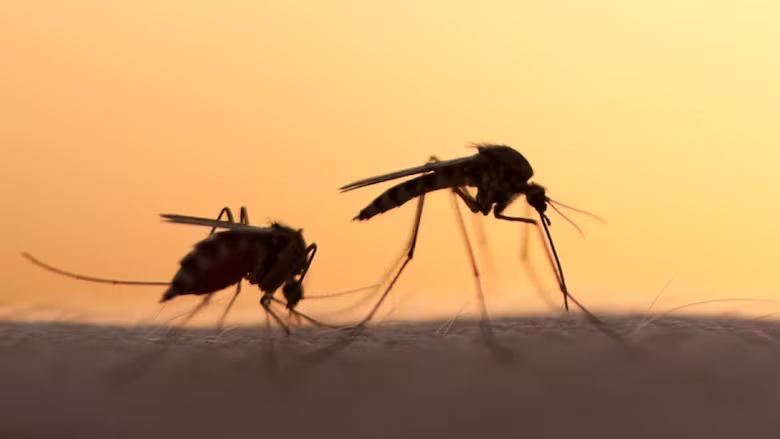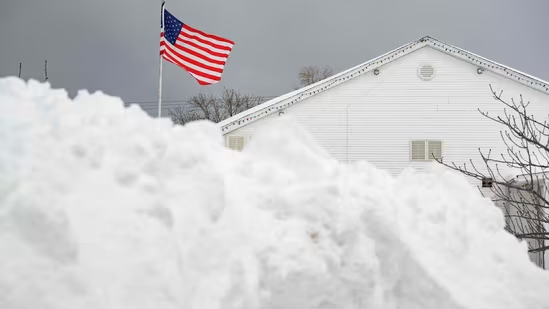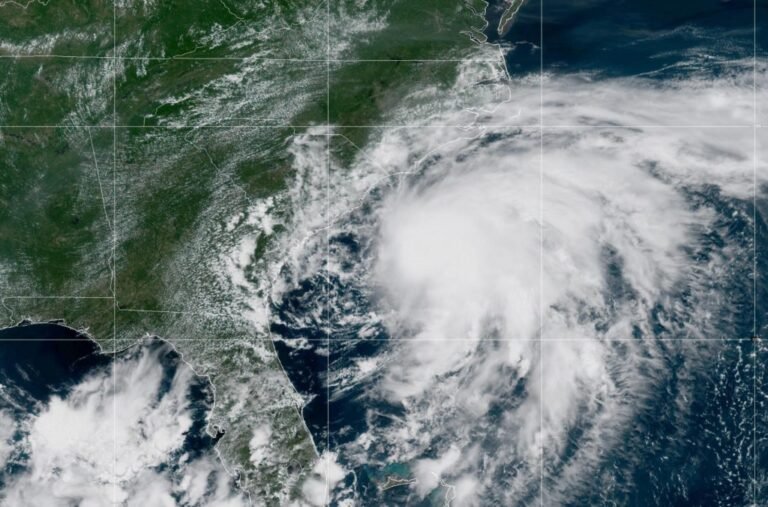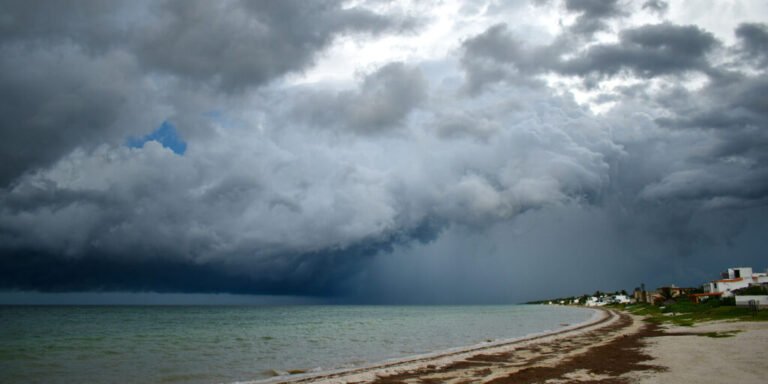First 2025 Case of West Nile Virus Confirmed in North Carolina, Health Officials Urge Mosquito Precautions
DURHAM COUNTY, N.C. — North Carolina has reported its first case of West Nile virus in 2025, according to a statement from the North Carolina Department of Health and Human Services (NCDHHS). The infected individual is a Durham County resident, and recent testing also confirmed the presence of West Nile–positive mosquitoes in Pitt County.
Seasonal Surge in West Nile Activity
Public health experts warn that late summer is peak season for West Nile virus activity in the state.
“This recent case highlights the importance of preventing mosquito bites to reduce the risk of infection,” said Emily Herring, public health veterinarian with NCDHHS.
The West Nile virus is spread through mosquito bites and can lead to severe illness, brain inflammation, and even death, especially in older adults or people with weakened immune systems. The virus is carried by wild birds and transferred to humans via infected mosquitoes — it is not spread person-to-person.
Symptoms and Risk Level
Health officials emphasize that most people infected with West Nile virus do not experience symptoms. However, in some cases, it can cause:
- High fever
- Headaches
- Neck stiffness
- Disorientation or tremors
- Paralysis or neurological issues
How to Protect Yourself from Mosquito Bites
To reduce the risk of West Nile infection, NCDHHS recommends the following safety steps:
- Use EPA-registered insect repellents when outdoors
- Wear long sleeves and pants, preferably loose-fitting and light-colored
- Treat gear and clothing with permethrin
- Tip out standing water in containers like flowerpot saucers, buckets, toys, and tires
- Change birdbath and pet bowl water at least twice weekly
- Repair or replace torn screens on doors and windows
- Keep gutters clean and replace corrugated extensions with smooth ones
- Cover rain barrels tightly and treat standing water with EPA-approved larvicides
- Drain puddles or ditches that hold water for more than four days
For additional information on West Nile virus prevention and mosquito control, visit the NCDHHS website or the CDC’s West Nile page.
Have mosquitoes been especially bad in your area this summer? Let us know your experiences or tips for staying safe at SaludaStandard-Sentinel.com.







